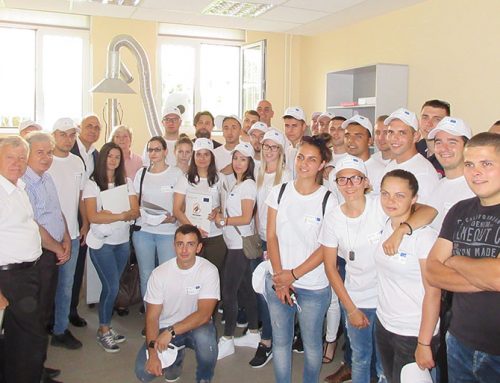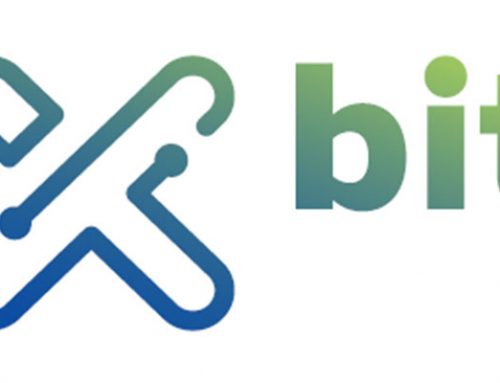Prior to beginning of accession talks with the European Union, some 200 Serbian public and civil servants from central and local administrations have been trained in best European practices, so to share with their colleagues and be ready to adjust in the country’s integration process.
On 1 March 2012, Serbia was finally granted European Union candidate status. In April 2013, the European Commission recommended that negotiations with the country on membership of the EU begin. Serbia’s Deputy Prime Minister for European integration Suzana Grubješić declared: “After a decade of failed expectations, the recommendation to start negotiations allows us to enter the league of well-ordered states – where Serbia historically, culturally and economically belongs. This is an opportunity to make Serbia a modern state of the 21st century, and that instead of an issue, we become an actor in EU policy.”
Before Serbia can accede to the EU, it is completing a number of internal reforms in several key political and socio-economic areas in order that the country is in line with relevant European Union norms and standards. This pre-accession process has been under way for a few years. Part of the process has involved a recent project, initiated by the Cabinet of the Deputy Prime Minister for EU Integration, and funded to the tune of €2.5 million by the EU, which over the course of two years trained around 200 Serbian public and civil servants from central and local administrations in best European practices.
By training and informing project participants in all aspects of EU integration, from the technical and financial implications to the social and legal ramifications, the project looked to build up a group of individuals with practical experience and theoretical knowledge of EU procedures and values ahead of accession. The participants in the training courses have since been able to pass on their expertise to others working in public administration in Serbia, thereby improving the capability of public institutions to accommodate the technical aspects of the accession process.
The common language of the EU
Informally known as the ‘Speak European’ project, the European Integration Scholarships programme kicked off in February 2010 and ran a short course that summer which brought together more than 50 NGO, media and academic representatives from towns around Serbia in the Bruges-based College of Europe to learn more about the benefits and obligations of EU membership.
In 2011 and early 2012, around 200 civil servants and public employees selected via an open competition took part in one of six training courses on EU institutional and policy procedures that the project organised at the European Institute for Public Administration in Maastricht and the College of Europe, Bruges. A further 54 individuals were granted three to five month-long internships in EU member state administrations to gain first-hand experience of how these institutions work.
As the title of the project implies, participants came away from these training courses with the ability to ‘speak European’ – or the common language that binds the EU Member States together in a union of mutual understanding. One trainee remarked later: “We cannot just sit and wait – we must change the way we think and assume the position of activists – rather than observers.”
More information
Project: European Integration Scholarships – ‘Speak European’
Implemented by: British Council (Belgrade) – www.britishcouncil.rs/European Institute of Public Administration (Maastricht) – www.eipa.nl/College of Europe (Bruges) – www.coleurope.eu
See also: European Integration Office, Republic of Serbia – www.seio.gov.rs




